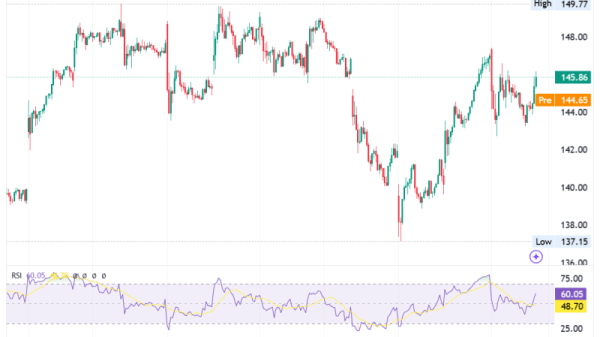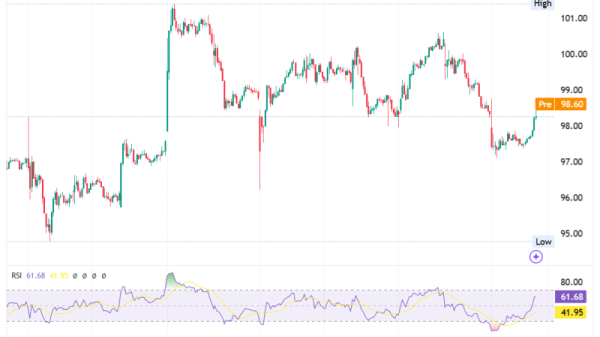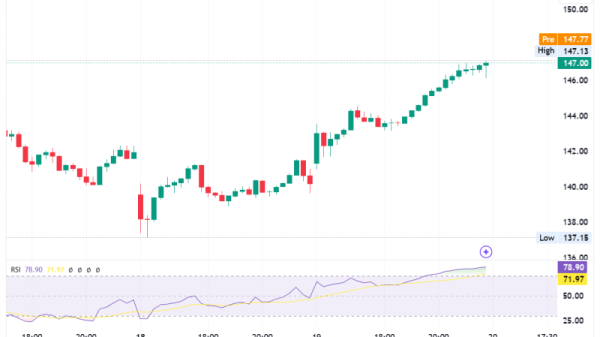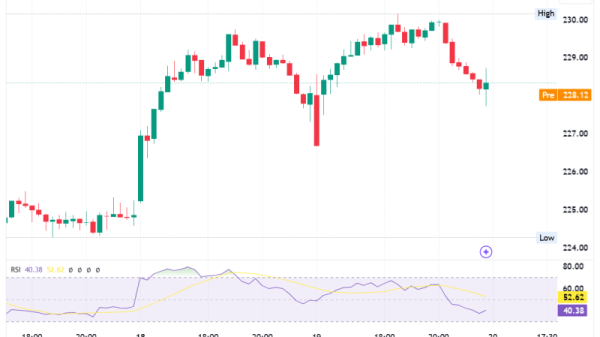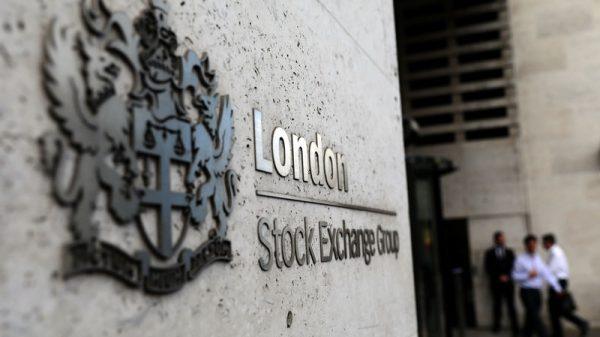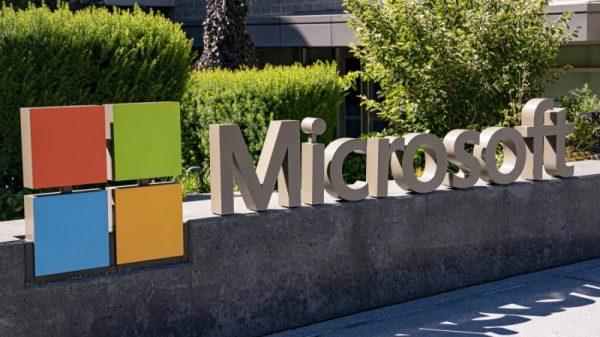By Dave Graham
ZURICH (Reuters) – Switzerland is scrambling to keep a lid on immigration from its top trade partner, the European Union, as a jobs boom powered by the country’s low-tax business model turns population growth into a political hot potato.
The issue helped derail talks in 2021 to overhaul rules governing some 300 billion Swiss francs ($338 billion) of annual trade, and threatens to do so again after Brussels and Bern relaunched negotiations in March, aiming for a deal by year-end.
With runaway population growth fuelling calls by Swiss nationalists to reject closer ties with the bloc, Switzerland is seeking to introduce a “protection clause” into the EU deal that would let it control immigration, diplomats and lawmakers say.
Since Switzerland secured unfettered access to the EU’s single market in 1999, its economy has expanded faster than those of Germany, Austria, France and Italy, neighbours whose growth it had lagged during the decade before. Jobs growth has been faster, while average wages have risen more.
And its population – just 7 million in 1995, according to World Bank data – is now above 9 million.
“This is a result of the success story of needing lots of workers in Switzerland,” said Peter Fischer, board chairman of metal processing company Fischer Reinach. He wants to see the deal updated so that Swiss firms can continue to recruit freely from the 27-nation EU.
The Swiss foreign ministry said the government understands how important free movement is for the economy and wants to establish specifics on a protection mechanism.
“It is crucial for (the government) that free movement of people and immigration from the EU takes place into the labour market and not into the welfare system,” it said.
TAX DRAW
Underpinning government concerns is a drive by the biggest group in the lower house of parliament, the right-wing Swiss People’s Party (SVP), to enshrine population curbs in law.
The SVP says infrastructure will be overwhelmed and rents will skyrocket if the population is not stopped from reaching 10 million by 2050 – a figure it is on track to hit far sooner.
The Swiss population grew at its fastest clip in six decades last year and the rate of increase since the mid-1990s has been more than quadruple that of the EU.
Freedom of movement is a pillar of the single market and diplomats do not expect a formal curb to be granted. But they express confidence a deal can be done.
After Britain voted in 2016 to leave the EU, Brussels is keen to persuade one of the world’s wealthiest countries to embrace it.
That would not be the end of it, however. The Swiss parliament would have to approve any deal, as would Swiss voters, if – as is likely – it is later put to a referendum.
Switzerland is highly dependent on immigrants.
Some 27% of the population is foreign – over four times the EU average, official data show.
Many companies have moved to Switzerland to take advantage of low taxes, something that has cost its EU neighbours, said Jacqueline Badran, a businesswoman and federal lawmaker for the centre-left Social Democrats (SP).
“We’ve taken away their tax base,” she said. “If we want less immigration, we have to stop luring capital.”
Switzerland’s combined corporate tax rate in 2023 of 19.7% overall was over 10 percentage points lower than Germany’s, according to OECD data. It undershot Italy by eight points, France by six and Austria by more than four points.
In some Swiss cantons, such as Zug, the rate is far lower.
NEW HORIZONS
Per capita, Switzerland is home to around three times as many Fortune Global 500 companies as the United States, led by corporate giants like Nestle (NS:NEST), Glencore (OTC:GLNCY), Roche and Novartis (SIX:NOVN).
If companies no longer have the same freedom to hire, they will have to look at other options, said Roland Mueller, head of the Swiss Employers’ Association.
“Then you’re heading towards moving jobs, moving production and so on,” he told Reuters.
Uncertainty about future trade rules has already prompted some firms to expand outside Switzerland.
Medical (TASE:PMCN) technology company Ypsomed plans around 1.5 billion euros ($1.58 billion) of investment in new factories and facilities over the next five years, but less than one tenth of that will be in Switzerland, CEO Simon Michel said.
“Why should I have more factories here if I can’t get the people?” asked Michel, a member of parliament and a leading advocate for updating the deal between Switzerland and the EU.
The Swiss medtech sector is at the front line of businesses feeling the bite of outdated regulations.
In 2021, the industry’s mutual recognition agreement with the EU expired with the advent of new rules, denying firms barrier-free, non-discriminatory access to the single market.
To get around it, they had to re-register products in Europe. Between 2019 and 2021, Ypsomed spent around 30 million Swiss francs registering its business in Germany and getting its products authorized for the EU market, said Michel.
“So after 40 years, in regulatory terms we’re no longer a Swiss company, we’re a European, German firm,” he said.
($1 = 0.8882 Swiss francs)
($1 = 0.9508 euros)

